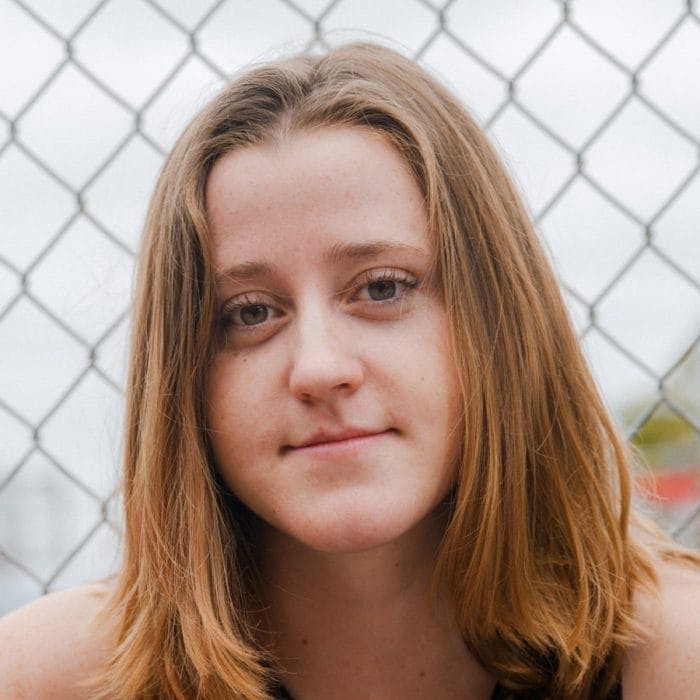Originally posted on hopelab.org See original article>

My sophomore year of college I lived in a Berkeley duplex with my four best friends. To an outsider, or maybe an Instagram follower, our day-to-day lives looked a lot like any college movie. All four of them were in sororities, which made it easy to find something to do on a Saturday night. As the year progressed, a strained relationship with one of the “best friends” led me to spend more and more time in my room, away from the kitchen or living room where the others would hang out. I felt anxious about spending time with my housemates and often doubted myself and their feelings towards me. I told myself they didn’t really want me to join them for dinner, or movie night. My self-confidence reached an all-time low.
It took a big blow-up between two of the other girls for me to recognize and accept that I was unhappy and that I had pulled away from my community and also myself. To this day I still consider each of these women close friends, but in that house, at that time, I didn’t feel understood, heard, or supported. I felt alone. Really alone.
Not only did I feel this way, but I also felt embarrassed about the fact that I felt alone. I didn’t think anyone else ever felt alone, and tapping through snapchat stories seemed to confirm that thought. Even within my hippie liberal Berkeley bubble I felt ashamed and discouraged. I didn’t know what I was experiencing or that those around me were feeling it too.
I am a public health student who speaks openly and honestly with classmates, friends, and family about mental health. I take pride in my awareness and understanding of mental health and the impacts it has on everyday life. But somehow, I had never spoken with anyone about loneliness as something that affected people my age. I simply didn’t know what loneliness was or that people my age could experience it.
Thanks to incredibly supportive high school friends and family, I was able to confront my feelings. I worked hard to find new friendships and work on existing ones to make sure they were healthy and supportive. Throughout this process, I still never realized how impactful loneliness could be on our health and well-being.
It wasn’t until Margaret Laws, Hopelab’s CEO, came and spoke at The Fung Fellowship, a tech and wellness fellowship I am a part of, that I learned what loneliness is. Loneliness is a painful feeling that acts as an “alarm bell” signaling that our fundamental need for connection and belonging isn’t being adequately met, and it’s a real problem among college students. Read more here.
I proceeded to apply for an internship at Hopelab, and began to work on the very project that introduced me to loneliness. Over the course of my time here, I’ve dug into the rich dataset from Hopelab’s 2018 National Survey, where we measured loneliness and social media use in over 1,300 young people, ages 14-22.
As part of this blog series, I am excited to share some of Hopelab’s research insights about how social media use relates to loneliness, not only from the lens of a researcher but also as a college student who has recently experienced and is surrounded by these emotions.
About the Author:
Lena Bertozzi is a senior at UC Berkeley studying Public Health and Data Science. She is passionate about working at the intersection of health, tech, and design to expose and address health inequities with innovative technologies. She is a research intern at Hopelab this summer, working on our project to empower young people to build satisfying social connections.

